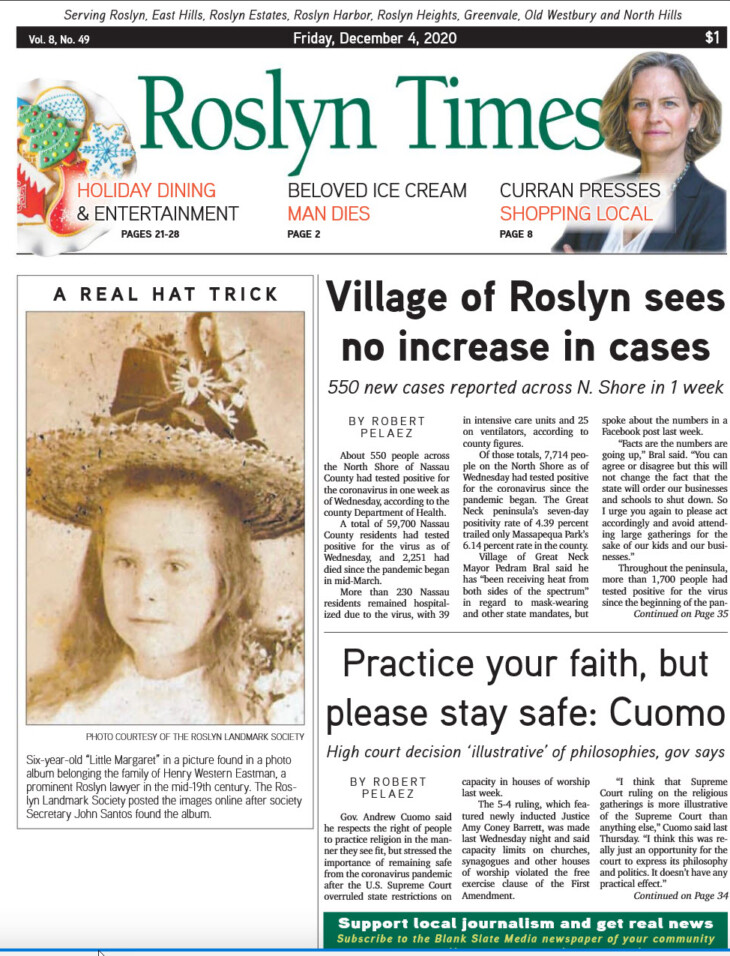
Introduction
News headlines play a crucial role in how information is consumed and understood in today’s fast-paced media environment. With the rise of digital news platforms, headlines are often the first—and sometimes only—impression readers get of a story. As they rapidly scroll through feeds, the ability of a headline to capture attention is more important than ever. In essence, headlines not only inform but also influence public perception and discourse, making their analysis particularly relevant in the current landscape of information overload.
The Current Landscape of News Headlines
Recent studies show that headlines can significantly impact reader engagement and the sharing of news. A 2023 report by the Reuters Institute for the Study of Journalism highlighted that 59% of participants often base their opinion on news solely from headlines, indicating a profound effect on public perception. Furthermore, particular emphasis has been placed on how sensational or misleading headlines can skew narratives and create misconceptions.
For instance, headlines that evoke strong emotions, such as fear or outrage, tend to garner more clicks than those that simply inform. This tactic, often referred to as ‘clickbaiting’, has led to ethical concerns regarding the responsibility of media outlets to present accurate information whilst striving for engagement. The phenomenon of sensationalism poses a challenge, as it may inadvertently prioritise entertainment over the essential dissemination of factual information.
Examples of Influential Headlines
Over the past year, several headlines have made waves, altering public discourse on critical issues such as climate change, public health, and international politics. For instance, the phrase “Climate Crisis: The Time to Act is Now” has been impactful in mobilising youth advocacy, while headlines around global pandemic statistics have influenced public perception regarding safety and governmental response.
In the realm of social media, a viral headline can lead to widespread misinformation, as seen with headlines regarding the 2022 elections, which often contained politically charged language designed to elicit strong responses. Misinterpretations lead to real consequences, affecting not only individual beliefs but also broader societal unity.
Conclusion
The significance of news headlines in shaping public opinion cannot be overstated. As we navigate through an evolving media landscape, being discerning about the headlines we encounter is essential. Awareness of how headlines can influence understanding encourages critical thinking, an invaluable skill in today’s information-rich society. As the debate around journalistic ethics continues, readers are reminded of the importance of seeking context and seeking the truth behind the headlines that capture their interest. Ultimately, the future of news consumption may rely on a balance between engaging presentation and responsible reporting.
You may also like

Understanding the Current Political Landscape in the UK

The Journey of Chris Mason: A Prominent Broadcaster in the UK

Current Events: What’s Happening in Iran
SEARCH
LAST NEWS
- Remembering Wendy Richard: The Promise to Co-Star Natalie Cassidy
- How Did Anglian Water Achieve an ‘Essentials’ Rating for Mental Health Accessibility?
- Shai Hope Leads West Indies in T20 World Cup Clash Against South Africa
- What We Know About Weston McKennie: Future at Juventus and Past at Leeds
- What We Know About the Upcoming Live Nation Antitrust Trial